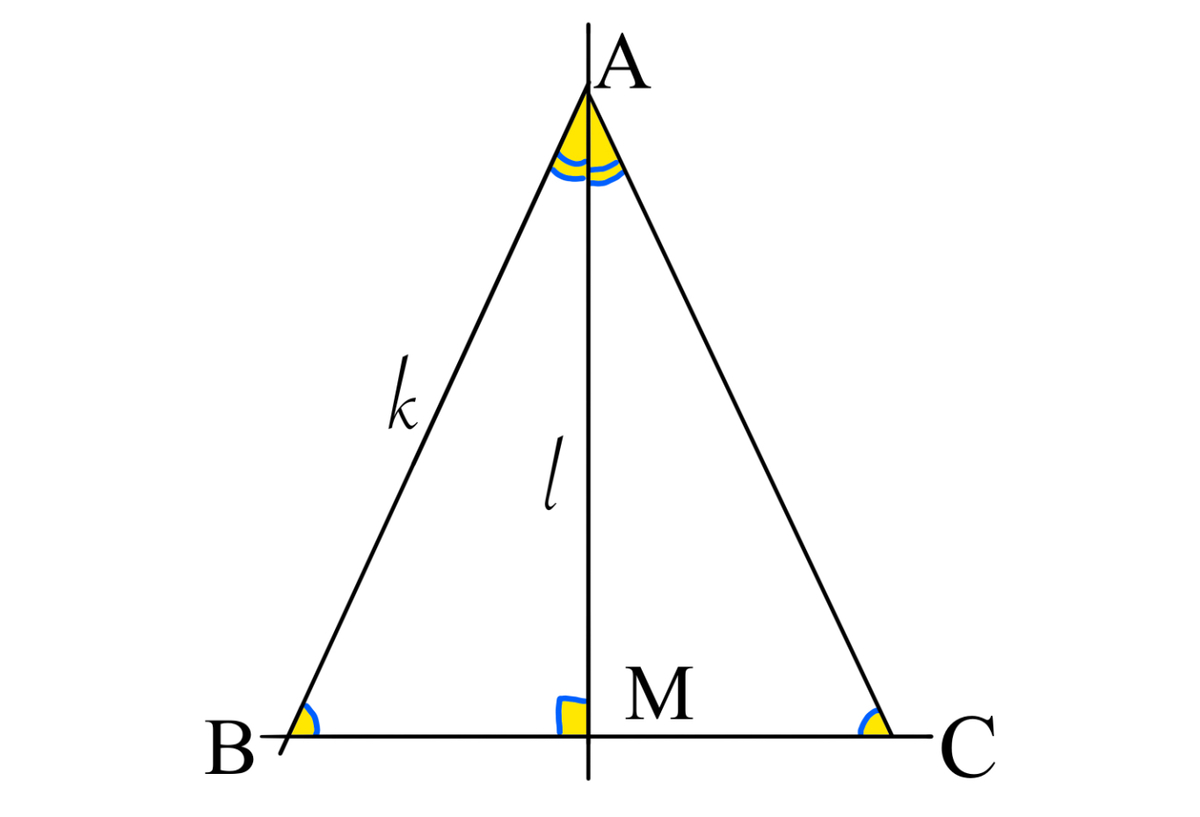2arcsin+2arccos
Find the average value of
2
sin
−
1
n
+
2
cos
−
1
n
,
in
radians
where
n
is on the interval
[
1
,
−
1
]
.
Bonus:
prove the answer using geometry unless you think it is impossible to be proved using geometry. In that case, type 0 as your answer.
The answer is 3.1415926535897932384626433832795.
This section requires Javascript.
You are seeing this because something didn't load right. We suggest you, (a) try
refreshing the page, (b) enabling javascript if it is disabled on your browser and,
finally, (c)
loading the
non-javascript version of this page
. We're sorry about the hassle.
2 solutions
The question should read "... in radians..."
Let's use the Mean Function Value Formula from calculus here.:
b − a 1 ⋅ ∫ a b f ( x ) d x
Let f ( x ) = 2 arcsin ( x ) + 2 arccos ( x ) over the interval [ − 1 , 1 ] . We now compute:
1 − ( − 1 ) 1 ⋅ ∫ − 1 1 2 arcsin ( x ) + 2 arccos ( x ) d x ;
or 2 1 ⋅ 2 [ 1 − x 2 + x arcsin ( x ) + x arccos ( x ) − 1 − x 2 ] ∣ − 1 1 ;
or arcsin ( 1 ) + arccos ( 1 ) + arcsin ( − 1 ) + arccos ( − 1 ) = 2 π + 0 − 2 π + π = π . ;
Construct an isosceles triangle △ A B C .
In isosceles △ A B C , B C is the base. Construct the median A M where M is the midpoint of B C .
Since △ A B C is isosceles, ∠ A M B is a right angle.
⇒ △ A M B is a right angled triangle.
This part uses basic definitions of sin & cos .
Call the length of the hypotenuse of R t △ A M B k . Call the length of median A M l .
⇒ ∠ B A M = cos − 1 k l .
⇒ ∠ B A C = 2 ∠ B A M = 2 cos − 1 k l .
Since △ A M B is right angled, and △ A B C is isosceles,
sin ∠ B = sin ∠ C = k l .
⇒ ∠ B = ∠ C = sin − 1 k l .
Let k l = n . Finally, since ∠ A , ∠ B , ∠ C are the interior angles of a triangle, i.e. they add up to π ( r a d ) , 2 cos − 1 n + 2 × sin − 1 n = π in radians.